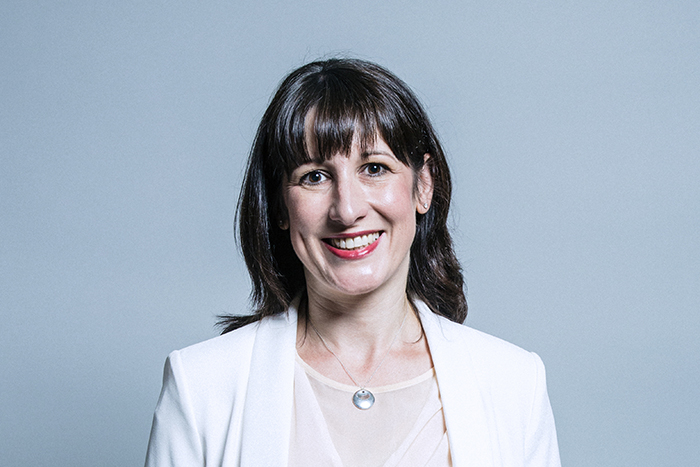
The Chancellor will need to make £25bn of tax rises in the Budget to avoid spending cuts and meet her pledge to borrow only to invest, an Institute for Fiscal Studies report says.
Rachel Reeves will present Labour’s first Budget for 14 years on 30 October and will be tasked with filling a £22bn black hole in the public finances she says was left by the previous Conservative administration.
However, she has pledged not to raise corporation and income taxes, as well as VAT and national insurance over the course of this parliament.
She has not given the same assurances over capital gains and inheritance taxes as well as pension levies.
The Treasury is also reportedly looking at changing its five-year forecast rules to allow debt to rise in the final year to allow room for more borrowing for investment.
The Institute for Fiscal Studies says: “The Chancellor has inherited an unenviable public finance situation.
“Taxes are at a historic high and yet debt is high, rising and only barely forecast to decline in five years’ time, while many public services are showing obvious signs of strain.”
The thinktank adds: “Reeves will still need tax rises to avoid spending cuts and meet her pledge to borrow only to invest.
“If she wants to keep spending rising with national income, she could need up to a total of £25bn of tax increases.”
The body adds that “most spending pressures stem from the fact that the generosity of departmental budgets has become detached from what those departments have been asked to deliver”.
Labour has scaled back its green energy and net zero plans from £28bn over five years to around £9bn, but the thinktank still says this would push the government’s spending plans to the limit under the current fiscal rules.
Institute for Fiscal Studies director Paul Johnson says: ‘The first Budget of this new administration could be the most consequential since at least 2010.
“The new Chancellor is committed to increasing investment spending, and to funding public services. To do so, she will need to increase taxes, or borrowing, or both.”
Johnson points out: ‘It is easy to think that we face a short-term challenge somewhat artificially created by a particular set of arbitrary fiscal rules. That would be a mistake.
“Pressures on health and pension spending will continue to increase, and revenues from fuel and tobacco duties will fall.
“That will make remaining on course for current budget balance harder over the course of this parliament.
“If Reeves does not grasp the nettle on 30 October, it could come back to sting her again before the next election.”



